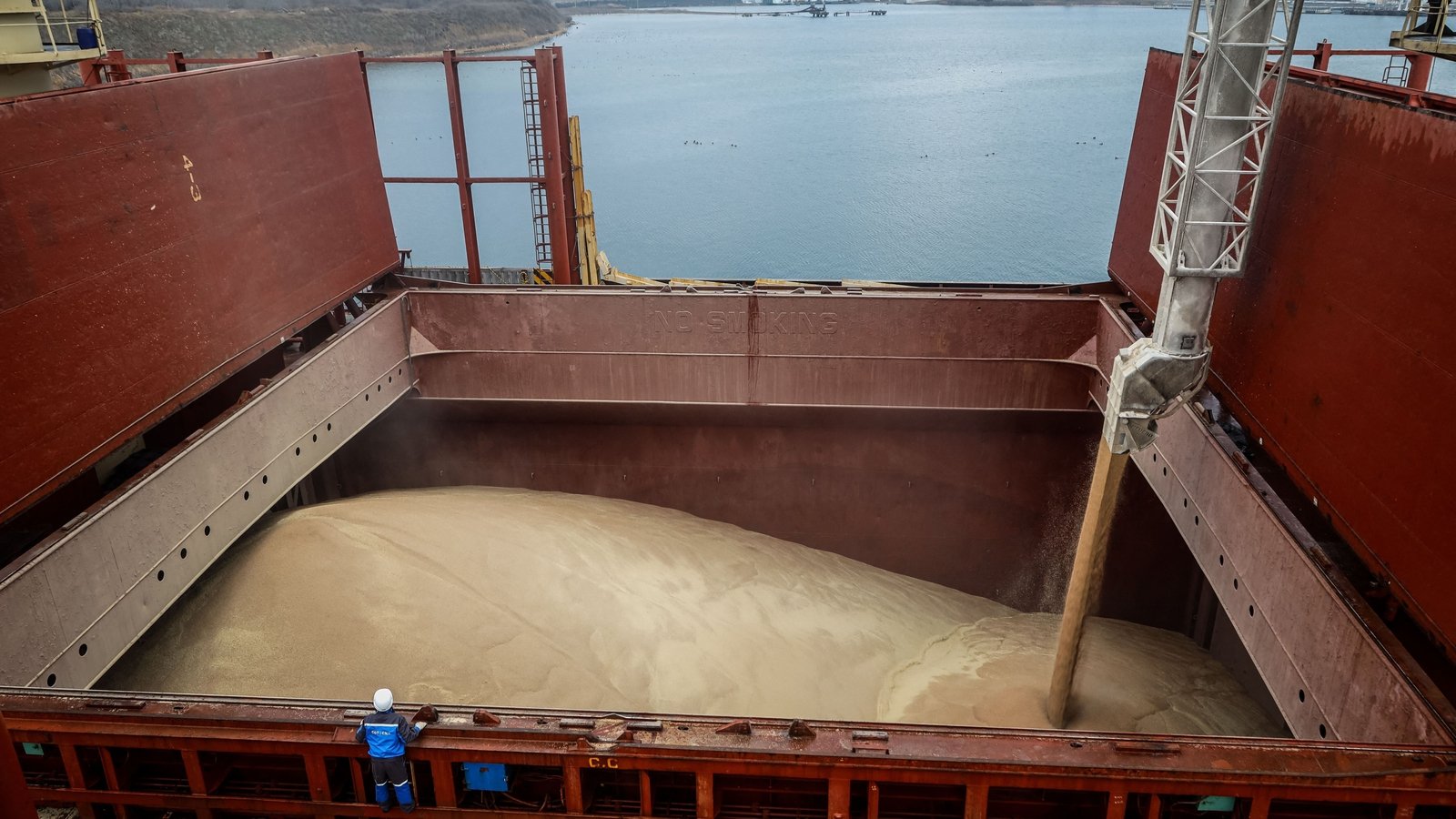Govt labour costs add €4bn to employer wage bill


Employers group Ibec has written to the Taoiseach to highlight concerns about the rising cost of doing business, and specifically the pace and scale of Government-imposed labour costs.
The escalating cumulative costs include the increase in the minimum wage to €12.40, which came into effect on January 1, as well as increases to employer PRSI, modifications to statutory sick pay, the introduction of pension auto-enrolment, increases in salary threholds for work permits and enhanced protective leave entitlements.
Danny McCoy, CEO of Ibec, said in the letter to the Leo Varadkar that the increased labour costs “are imposing an unrealistic burden on businesses”.
He said the implementation of the changes in Government “now risk creating the most significant cost competitiveness challenge faced by Irish businesses since the pre-financial crisis period”.
In its latest leadership sentiment survey taken just before Christmas, Ibec found that the increasing cost of doing business was the single most significant challenge for business leaders heading into 2024.
When asked what their priorities were for the next Government, 74% regarded the cost of doing business as the most important issue.
Ibec estimates that the Government’s labour market policies will add €4 billion annually to the wage bill of Irish employers and result in labour cost increases of between 25% and 30% in the most impacted firms.
“While the economy remains in a robust position with sustained growth, costs are rising rapidly, and many businesses are struggling to maintain margins,” Mr McCoy said.
“While many of the changes have merit, our primary concern is the lack of coordination, resulting in these costs unnecessarily converging.”
Ibec is calling on the Government to pause all further labour market policy measures which involve a direct or indirect cost to employers.
The group says employers need an immediate signal from Government that the current trajectory of increasing labour cost measures will not continue until impact assessment and coordination is agreed upon.
It wants a full impact assessment of increased labour costs on business arising from the totality of recent labour market policy measures to be published.
Ibec says there has been no consideration given to the cumulative impact of the scattergun approach of labour market measures introduced by a range of different Government departments and agencies.
The employers group is also calling on the Government to commit to a new ‘Competitiveness Charter’ setting an annual ceiling on the total amount of additional labour market costs which will be imposed on business in any single year.
It says a more effective and consultative coordination mechanism is needed within Government to ensure that future changes can be implemented without damaging business viability.




